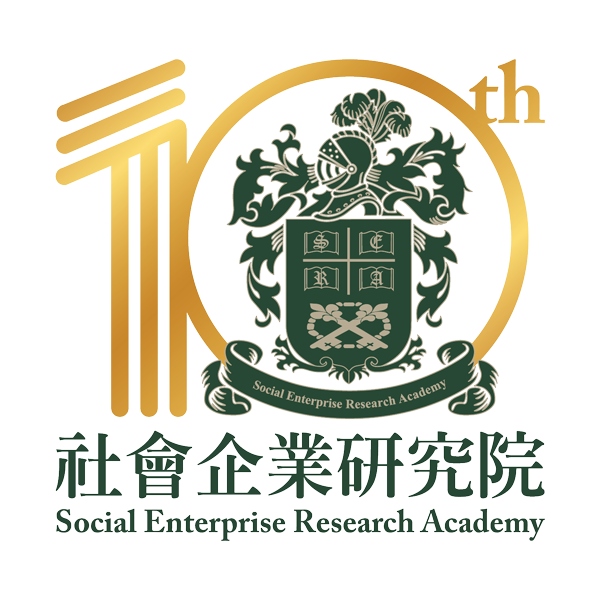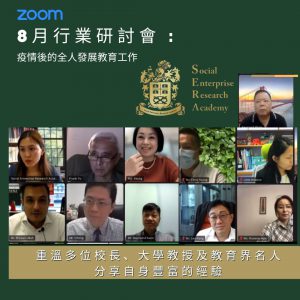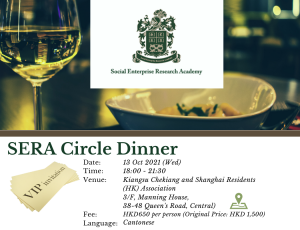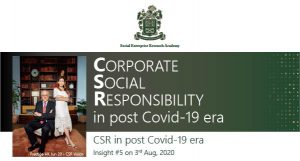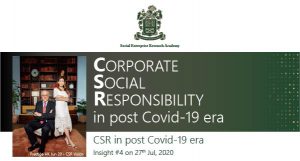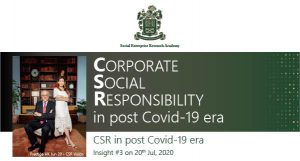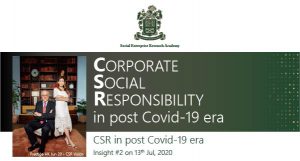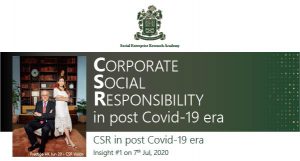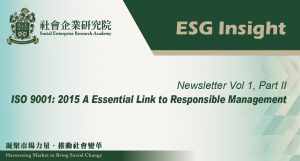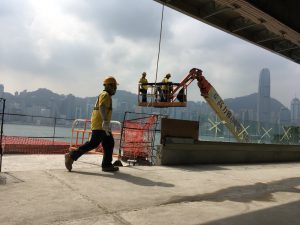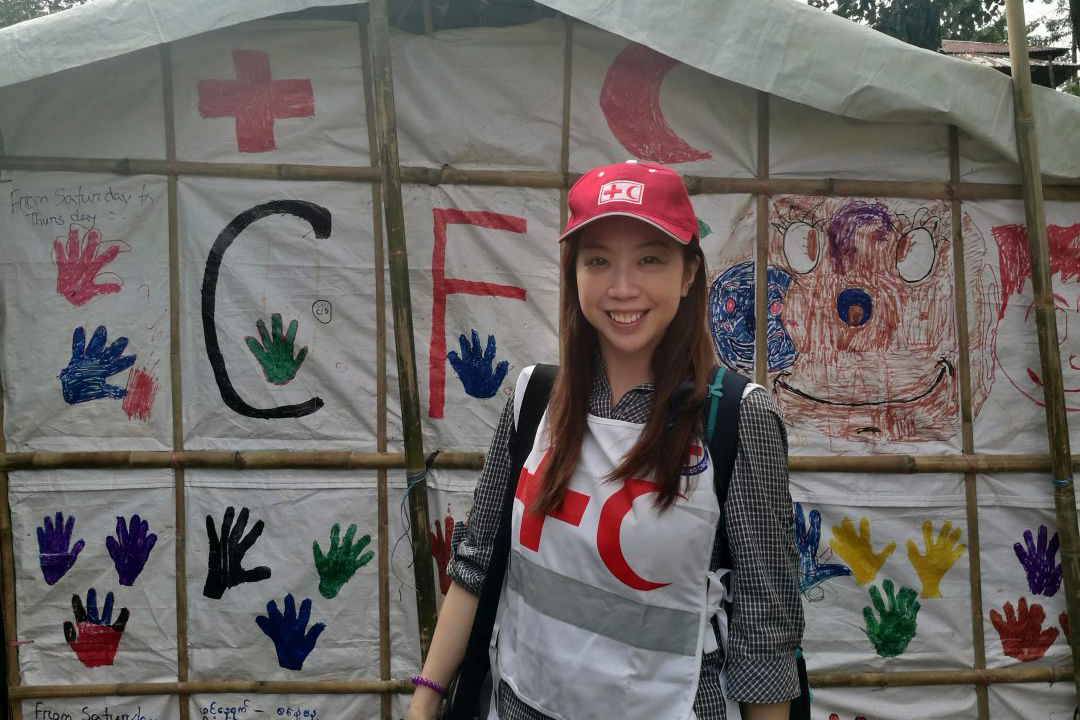
Disasters bring not only physical wounds but also emotional pains. Emotional pains are usually overlooked, but with a far-reaching impact. Therefore, disaster psychological support is the important key. Dr. Cheung Yee Lai, a clinical psychologist at the Hong Kong Red Cross, has worked in this area for a number of years. She has participated in several post-disaster psychological support programs in Hong Kong. She has also travelled to disaster areas in Nepal, Bangladesh and Liberia, providing psychological support to victims and frontline medical personnel in disaster area or Ebola affected area.
In the secondary school period that many people were still ignorant, she had already nurtured a strong interest in psychology. She has visited UNICEF in the Sichuan mountains and has participated in other international NGO activities from time to time. .
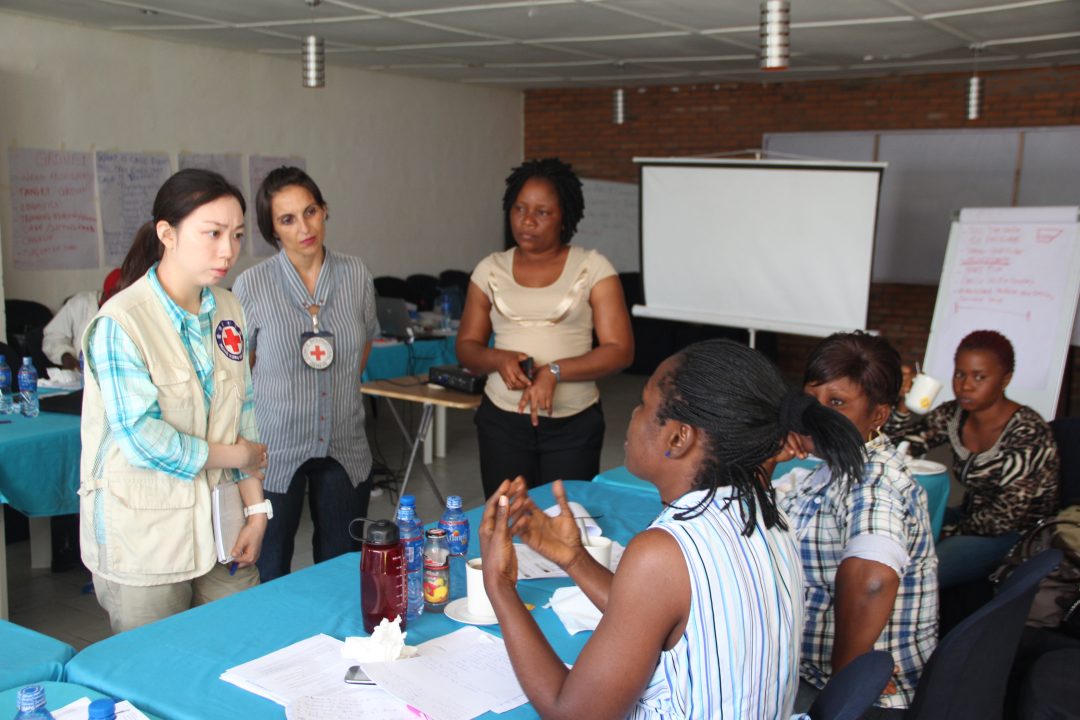
When visiting children living in the rural areas, Dr. Cheung saw a child with mental disorder was locked in front of the house. This experience made her decide to specialize in clinical psychology and public health, hoping that the children can enjoy the chances of having a healthy mental and physical state and developing their potentials.
“I am grateful that I could have the chance to be exposed to the international NGOs in secondary school, and I could achieve my dream in this field. When I was with my colleagues, I found that I can use my skills to help them. This is something that I am very eager for.” Dr. Cheung said with a smile. Working for disaster psychological support is her dream even before entering the university, she even wrote it in the personal statement in university enrollment.
With this interest and determination, Dr. Cheung graduated from the Chinese University of Hong Kong and joined the Hong Kong Red Cross for volunteering. The research area of doctoral studies at the university is also disaster mental health, and the Hong Kong Red Cross also provides her with the opportunity to achieve her dream. Now Dr. Cheung are also working in the International Federation of Red Cross and Red Crescent Societies, her scope of work covers the entire Asia Pacific region and sometimes providing psychological support outside the Asia Pacific region.
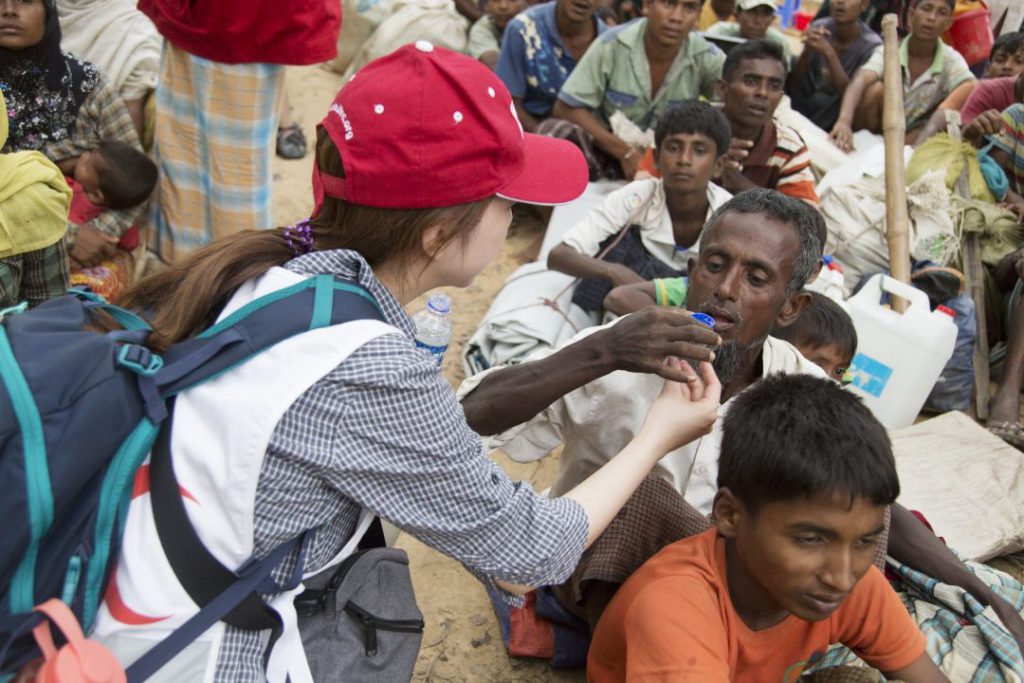
Early in 2014, West Africa erupted the largest and longest-lasting Ebola epidemic in history, taking more than 10,000 people’s lives. In Liberia, the most profoundly stricken area of Ebola, people were panic and helpless. In July, Dr. Cheung went to Liberia to provide psychological support for the local Red Cross frontline medical care.
“Ebola has only appeared in East Africa or Central Africa before, and has never appeared in West Africa. Many people don’t believe it at first, but soon they are terrified. When the family notices something, they will find a witch doctor, and the sick family will be driven out of the house.” Dr. Cheung continued to said that apart from Ebola, the panic, fear and anxiety of the Liberian made the epidemic more difficult to control.
Dr. Cheung pointed out that local frontline medical personnel have to pack dead bodies and clean the environment. Facing the risk of being affected, the medical personnel are beat by local villagers and even attacked by stones. Working under a risky environment, the medical personnel are under the pressure of being misunderstood and isolated. This can easily lead to mental illness such as depression and anxiety. Some of the team members also drank before work, but this would only hinder their judgment in work.”Stress management is a must, it can be a matter of life and death,” said Dr. Cheung. The purpose of the trip is to relieve the stress of the medical staff and teach them to communicate with hostile locals in order to remove the mental barrier during their work.
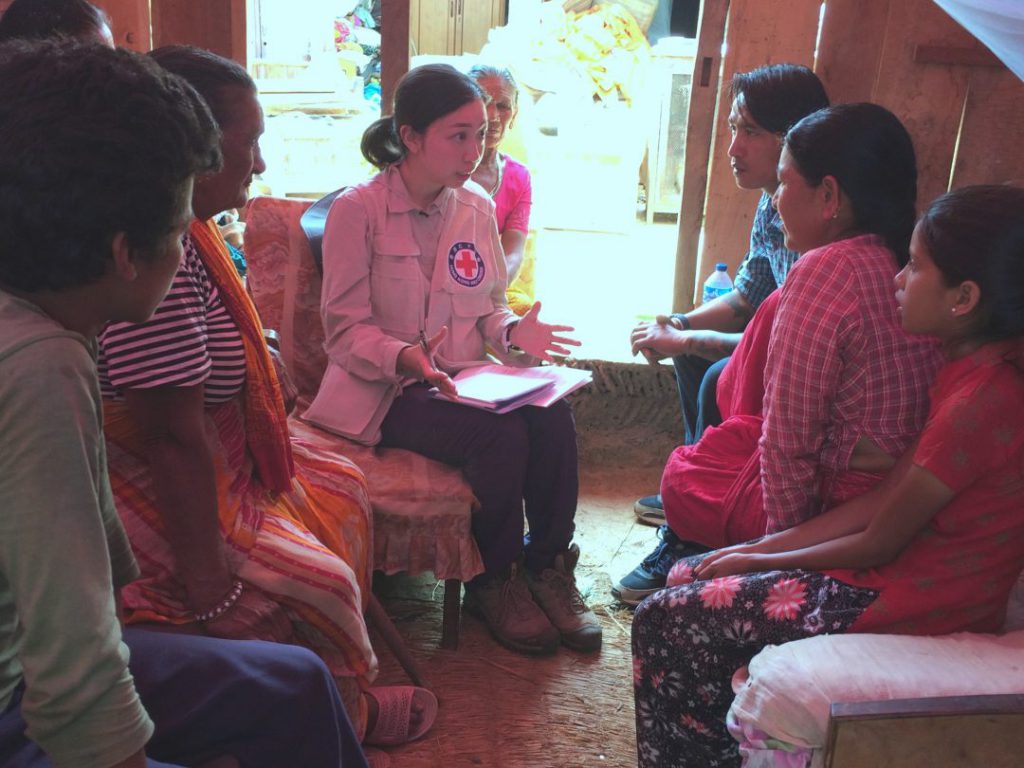
Devoted in the Hong Kong Red Cross for nearly ten years of disaster mental health work, Dr. Cheung helped in several local and even international incidents, including Lamma Island Ferry Collision, Tai Po Bus Crash, North Point School bus Crash, Egypt Luxor Hot Air Balloon Accident and Bangladesh Migration Crisis.
Dr. Cheung recalled that when she began to participate in disaster psychological support work, she could feel how close death could be. She had never realized that accidents could happen all in a sudden, and she had to use time to understand and familiar herself to these unfortunates. “This is life, the real side of life.” This is her summary witnessing all the accidents. She understood the essence of life, she learns the proper way of treating people, it is not about facing the victims with sadness but with empathy. Whenever her task is over, she has to learn to let go and to move on.
The World Health Organization estimates that by 2030, depression will rank first on the global burden of disease, surpassing cancer, high blood pressure, and more. Living in Hong Kong is stressful, stress and mental disorder are closely related. Dr. Cheung said that “When we are physically sick, we know we have to find a doctor; However if we are sick mentally, we are afraid to seek help, we do not even dare to voice out.”
Dr. Cheung said although the government has corresponding measures to deal with the above problems, we cannot rely solely on the government. For example, the Hong Kong Red Cross would hold lectures and activities in schools from time to time to give students a basic knowledge of mental illness. It should be noted that the time of outbreaking of serious illnesses such as schizophrenia would be during teenage, and schools must pay attention.
“The physical health and mental health of the body are not treated equally, and people’s attention and understanding of their mental and psychological state are far less than other diseases.” Dr. Cheung gave an example, if family members often lose their temper, we have to distinguish whether they have a bad mood or they have sorrow unresolved. We must seek help when we are confused, so that we can face the people who need help with appropriate attitudes.
(Photo source: Hong Kong Red Cross)
